Results
-
£12.50
Through The Fair (Flugel Horn Solo with Brass Band - Score only) - Pascoe, Chelsea
Ethereal and refined in style, this arrangement begins with soloist alone while instrumentation is gradually added to build texture and intensity. The opening effects are mirrored in the conclusion to the piece.
Estimated dispatch 7-14 working days
-
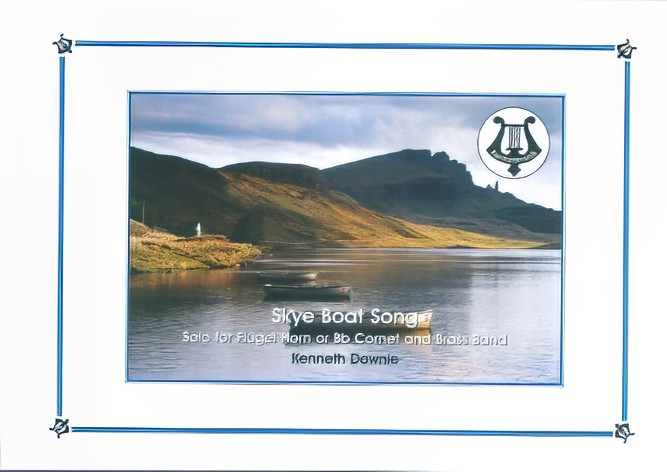 £24.95
£24.95Skye Boat Song - Flugel Horn Solo (Brass Band - Score and Parts) - Downie, Kenneth
This wistful Scottish folk song tells the story of the escape of Bonnie Prince Charlie from Uist to Skye after the battle of Culloden in 1746. His defeat effectively ended the Jacobite movement as a political threat in Britain. The gentle tune has great charm and is often used as a lullaby.
Estimated dispatch 7-14 working days
-
 £12.50
£12.50Skye Boat Song - Flugel Horn Solo (Brass Band - Score Only) - Downie, Kenneth
This wistful Scottish folk song tells the story of the escape of Bonnie Prince Charlie from Uist to Skye after the battle of Culloden in 1746. His defeat effectively ended the Jacobite movement as a political threat in Britain. The gentle tune has great charm and is often used as a lullaby.
Estimated dispatch 7-14 working days
-
£34.95
So Glad (Flugel Horn Solo with Brass Band - Score and Parts) - Himes, William
An arrangement, in big-band style, of the song 'I am so glad'.
Estimated dispatch 7-14 working days
-
£17.50
So Glad (Flugel Horn Solo with Brass Band - Score only) - Himes, William
An arrangement, in big-band style, of the song 'I am so glad'.
Estimated dispatch 7-14 working days
-
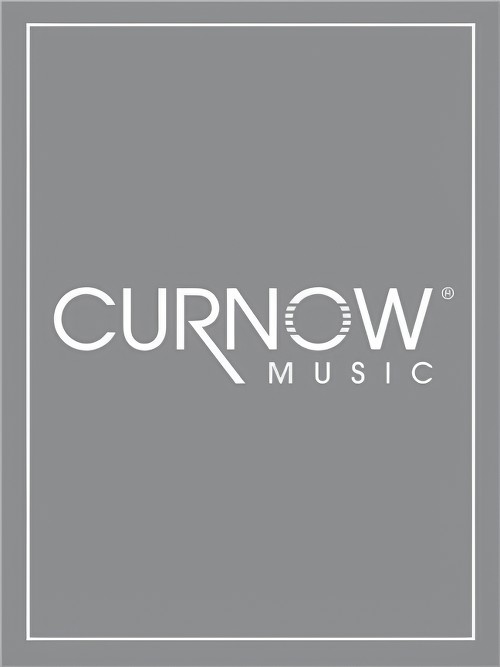 £45.99
£45.99Be Thou My Vision (Cornet or Flugel Horn Solo with Brass Band - Score and Parts) - Curnow, James
This timeless Irish hymn is presented here in a masterfully crafted arrangement by James Curnow.Duration: 3:00
Estimated dispatch 7-14 working days
-
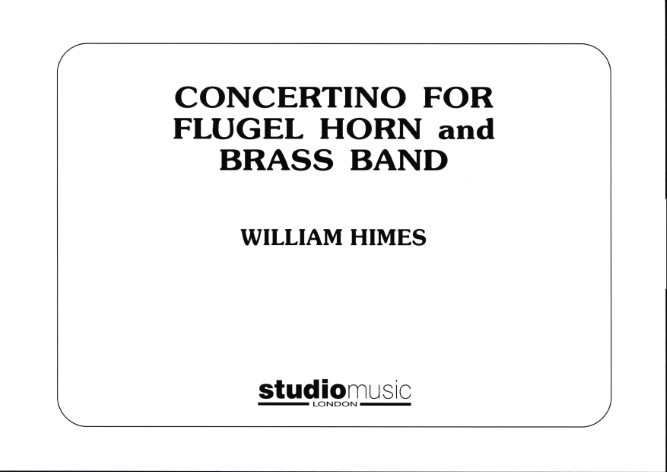 £37.95
£37.95Concertino for Flugel Horn (Brass Band - Score only) - Himes, William
Duration: 13:15Recorded on Polyphonic QPRL084D Light As Air
Estimated dispatch 7-14 working days
-
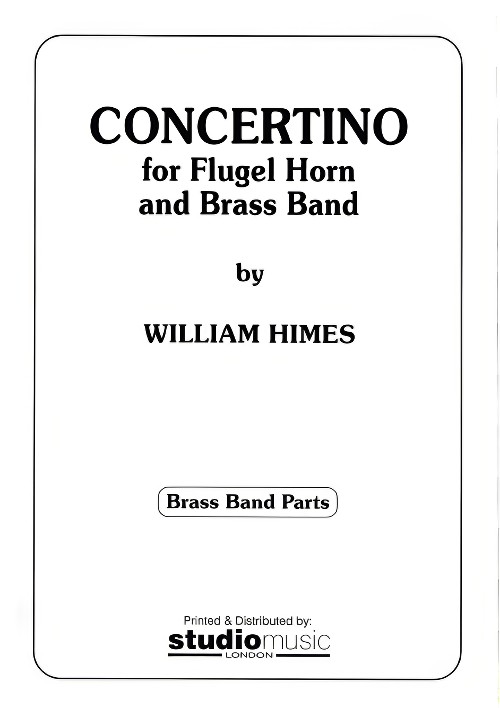 £74.95
£74.95Concertino for Flugel Horn (Brass Band - Score and Parts) - Himes, William
Duration: 13:15Recorded on Polyphonic QPRL084D Light As Air
Estimated dispatch 7-14 working days
-
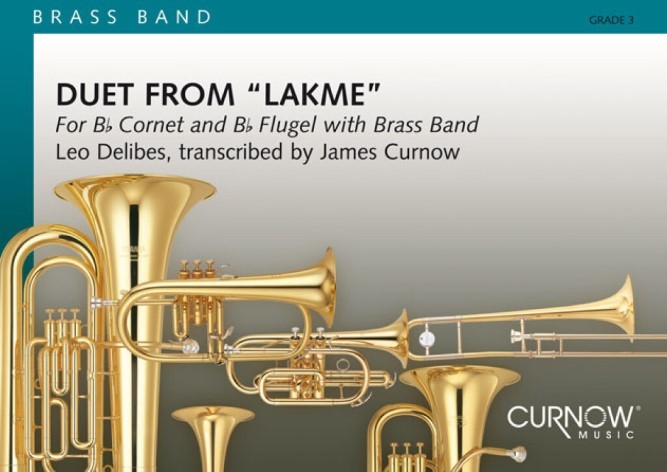 £45.99
£45.99Duet from Lakme (Cornet and Flugel Duet with Brass Band - Score and Parts) - Delibes, Leo - Curnow, James
Also known as Flower Duet from Lakme.Duration: 4:45
Estimated dispatch 7-14 working days
-
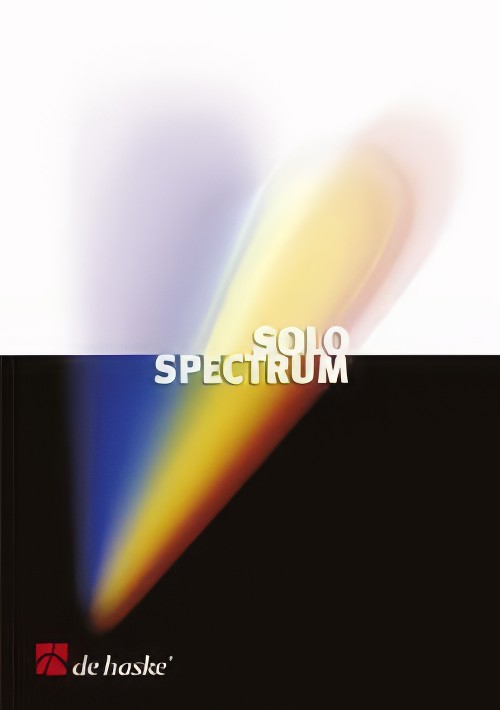 £54.99
£54.99Canto Religioso (Cornet or Flugel Horn Solo with Brass Band - Score and Parts) - Curnow, James
A Cornet or Flugelhorn solo by James Curnow, based on Amazing Grace.Duration: 6.00
Estimated dispatch 7-14 working days
